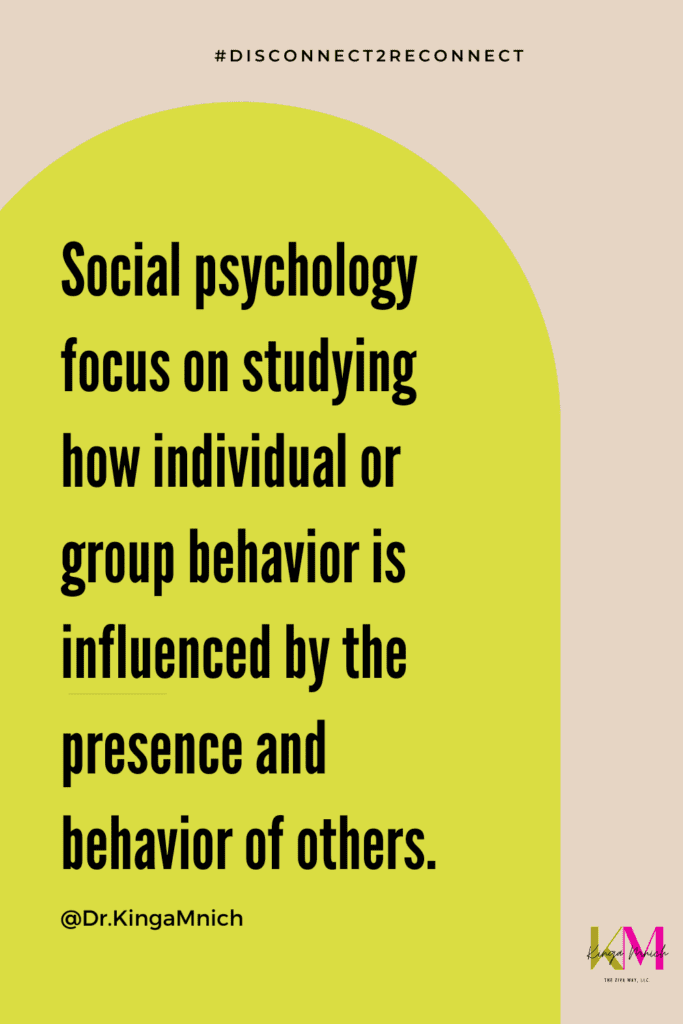Developing a Psychology Practice Complete Guide
Developing a Psychology Practice Complete Guide
Blog Article
Benefits of Starting a Psychology Office
A private practice gives you the chance to tailor treatments without corporate restrictions.
Financially, owning a psychology practice can increase your income potential. Instead of sharing fees with agencies, you keep what you earn after expenses.
Whether you prefer a minimalist setup or a cozy therapy room, your office becomes an extension of your therapeutic style.
How Much Does It Cost to Set Up a Psychology Practice
The cost to open a psychology practice depends on services. On average, setting up a small private office might range from $5,000 to $20,000, covering furniture.
Technology like scheduling software and secure video platforms is essential if offering teletherapy.
Used furniture or refurbished equipment are budget-friendly options.

How to Set Up a Home Psychology Practice
A como montar um consultório de psicologia cognitivo home-based psychology practice offers convenience and lower overhead. To start, choose a room that provides privacy for sessions.
Legal requirements may vary: check zoning laws to ensure home offices are allowed in your area.
Consider a separate phone line for professional calls.
Starting a Cognitive Behavioral Therapy Office
Choosing furniture that encourages open dialogue while accommodating CBT worksheets or activities is also important.
Professional development is key: ensure certifications in cognitive therapies are up to date.
Use website content, blogs, and presentations to educate potential clients on CBT’s benefits.
Starting a Virtual Therapy Office
Test your lighting, background, and audio to ensure professional video quality.
Develop clear online consent forms covering privacy, limits of teletherapy, and emergency procedures.
Marketing an online practice may focus on SEO-optimized content, social media, and online directories.

Creating a Community-Based Psychology Practice
Choose an office space accessible to underserved populations, possibly within a community center or shared facility.
Grant funding or sponsorships may help cover costs if offering low-fee or free services for marginalized communities.
Attend local events, offer free talks, and engage in grassroots outreach to establish credibility.
How to Grow a Psychology Practice Effectively
A clique aqui e saiba mais successful psychology practice balances clinical excellence with business strategy. Beyond clinical skills, you’ll need to manage marketing.
Participating in professional networks and conferences expands visibility and fosters collaboration.
Operational systems also support long-term success: use efficient billing, scheduling, and record-keeping tools.
Final Thoughts on Starting a Psychology Office
Whether you choose a online platform, the process requires careful planning and commitment.
Remember, a thriving practice balances business management.
With passion, perseverance, and ethical care, your psychology practice can grow into a meaningful and rewarding endeavor.
Frequently Asked Questions for New Psychologists
How expensive is it to set up a therapy practice?
The cost ranges widely depending on location, size, and services. On average, setting up a small office may cost between $5,000 and $20,000, covering furniture, licenses, insurance, and marketing.
Is a home-based psychology office legal?
You may need a home business permit, soundproofing for confidentiality, and professional liability insurance.
What tools are essential for virtual therapy?
Scheduling software, encrypted communication tools, and reliable internet are key.
What marketing works for a new psychology office?
Building trust through blogs, social media, or free webinars helps establish credibility.
Do I need a business plan for my psychology practice?
A solid plan guides decision-making and increases chances of long-term success in your psychology practice.
Report this page